Results
-
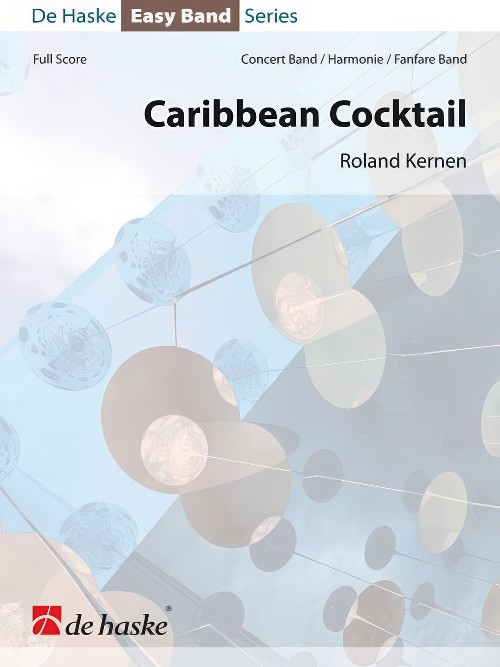 £76.99
£76.99Caribbean Cocktail (Concert Band - Score and Parts) - Kernen, Roland
The hot tropical climate of the Caribbean makes these islands a wonderful place to be. The population is of largely African ancestry, together with people of European and Amerindian origin. The community is proud of the local Creole culture that gave rise to a musical style characteristic of these wonderful islands.This small Caribbean Cocktail includes three different dances:- A traditional calypso with vibrant rhythms driving a typically Caribbean melody;- A quieter beguine, featuring warmer and tranquil sounds;- A merengue with a strong sense of exuberance and joie de vivre is easy to hear.This popular composition captures in music the feelings of a community where life's joys are all-important. Caribbean Cocktail is a light-hearted piece that is ideally suited to youth bancs and ensembles with an incomplete or imbalanced instrumentation.Duration: 6:45
Estimated dispatch 7-14 working days
-
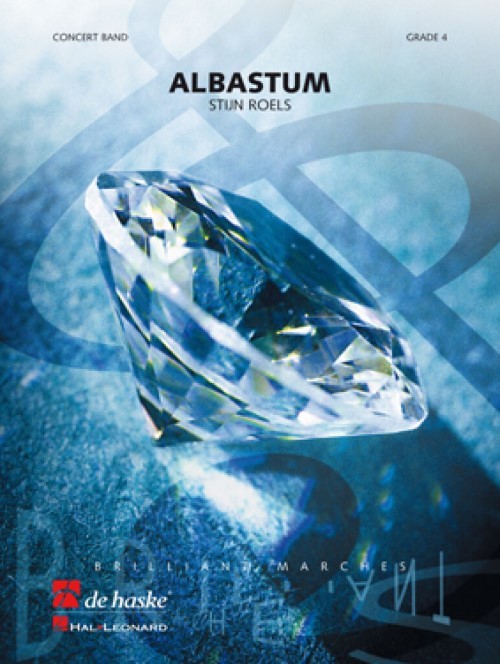 £102.99
£102.99Albastum (Concert Band - Score and Parts) - Roels, Stijn
Albastum is a proud, stately concert march written in classic A-B-A form. It opens with a festive fanfare in the brass section, followed by a lively, bright theme, symbolising the joy of playing music together at each weekly rehearsal. Following a melodious trio, a counter theme develops and the march comes to an exciting close with a reprise of the original theme.Duration: 5:15
Estimated dispatch 7-14 working days
-
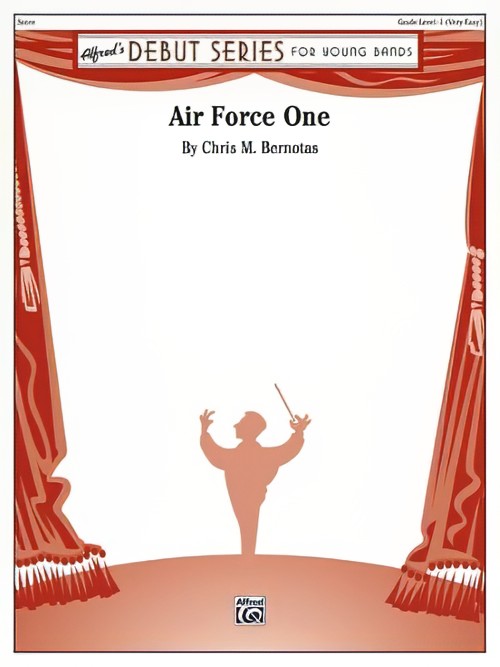 £48.95
£48.95Air Force One (Concert Band - Score and Parts) - Bernotas, Chris M.
Air Force One evokes the proud spirit that is symbolised by the Presidential aircraft. With its rhythmic drive and uplifting melody, this will quickly become a favourite of your students and audience alike. Every section of the band will keep busy as they take flight in this piece. Written with the young band in mind, this piece has engaging rhythms, memorable melodies, and exciting percussion parts!Duration: 2.15
Estimated dispatch 7-14 working days
-
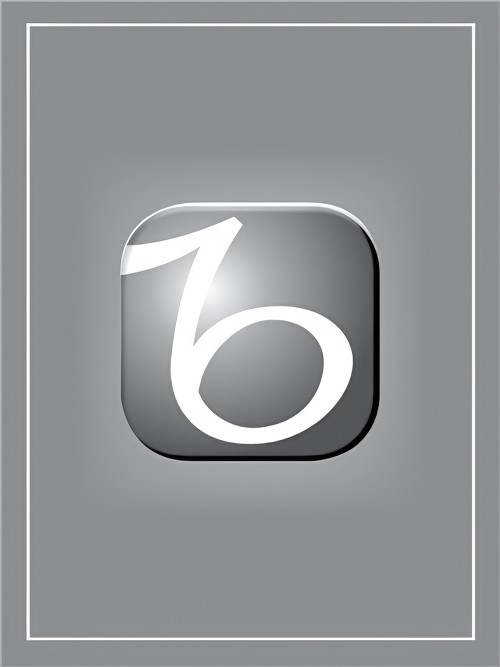 £102.99
£102.99The Beauty of Belisia (Concert Band - Score and Parts) - Appermont, Bert
Belisia is the old Merovingian name of the Belgian town of Bilzen who commissioned this composition. It is also the composer's place of birth. The work has two main themes. The melancholic theme in a minor key refers to the many ravages the town has suffered through the years and the second theme, stately and heroic, represents the inner strength and courage of the proud inhabitants of this town.Duration: 5:30
Estimated dispatch 7-14 working days
-
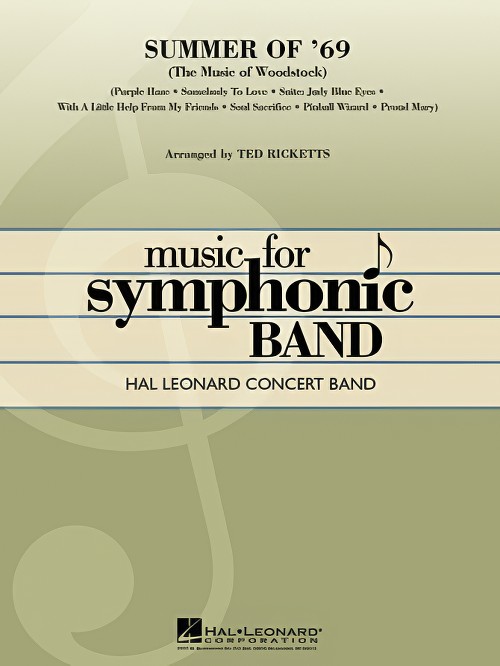 £79.99
£79.99Summer of '69 (The Music of Woodstock) (Concert Band - Score and Parts) - Ricketts, Ted
In 1969, the legendary 3-day music festival defined a generation and gave us unforgettable musical performances. Included in this powerful medley are: Soul Sacrifice (Santana), Proud Mary (Creedence Clearwater Revival, Pinball Wizard (The Who), Somebody to Love (Jefferson Airplane), With a Little Help from My Friends (Joe Cocker), Suite: Judy Blues Eyes (Crosby, Stills, Nash & Young), and Purple Haze (Jimi Hendrix). This is just like being there - without the mud!
Estimated dispatch 7-14 working days
-
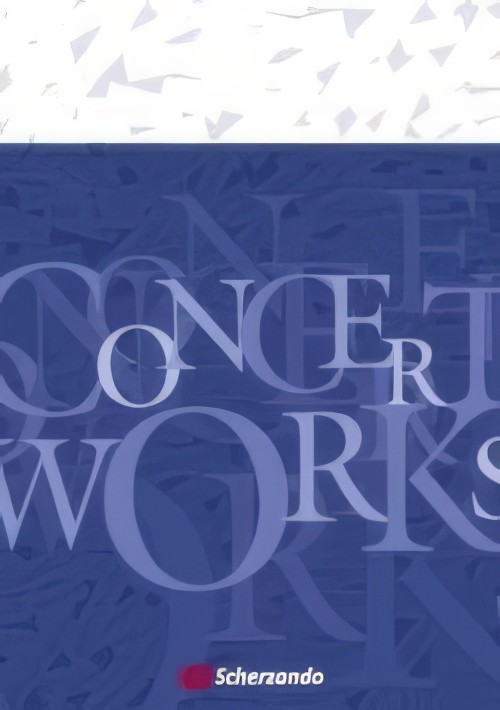 £104.99
£104.99Festival Variations (Concert Band - Score and Parts) - Nijs, Johan
Festival Variations is a one-movement concert work by the Belgian composer Johan Nijs. Many lively themes are featured, appearing in a series of diverse variations. The introduction, majestic and proud leads into the initial theme, which immediately creates a festive atmosphere. In the slow, attractive middle part, the band catches its breath for a while. A swift passage finally concludes the work in a fitting manner. A truly festive set of variations.Duration: 6:45
Estimated dispatch 7-14 working days
-
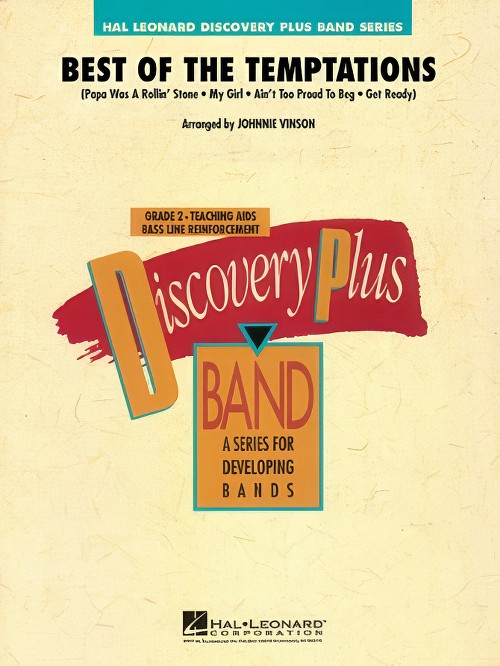 £57.50
£57.50The Temptations, Best of (Concert Band - Score and Parts) - Vinson, Johnnie
No group did more to help establish the Detroit Motown sound of the '60s than the Temptations. Here is a medley of their biggest hits arranged for young players. Includes: Ain't Too Proud to Beg, Papa Was a Rollin' Stone, My Girl and Get Ready.
Estimated dispatch 7-14 working days
-
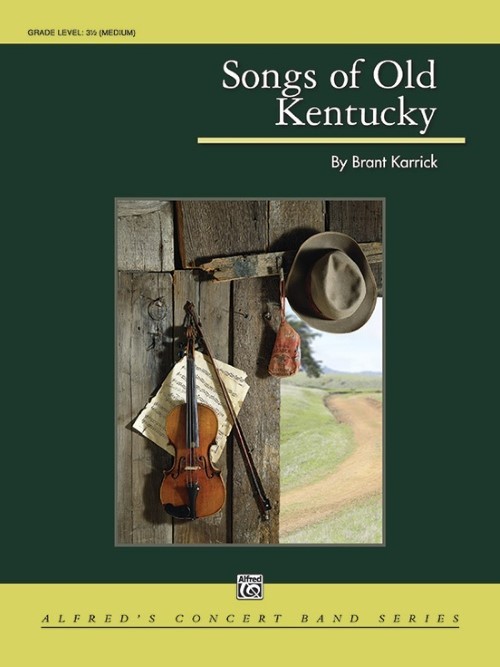 £87.50
£87.50Songs of Old Kentucky (Concert Band - Score and Parts) - Karrick, Brant
The Kentucky mountaineers have preserved a proud heritage of traditional ballads and other old Scottish and English folk songs brought to America by their ancestors. Borrowing from this wonderful genre of folk songs, this outstanding setting of John Riley, The Lonesome Scenes of Winter, Sourwood Mountain, Frog Went-a-Courting, and Loving Hannah is destined to become a band classic. Skillfully scored and imaginative in setting, Songs of Old Kentucky provides a charming vehicle for expressive playing. A delightful addition to your next concert! Duration: 6:30
Estimated dispatch 7-14 working days
-
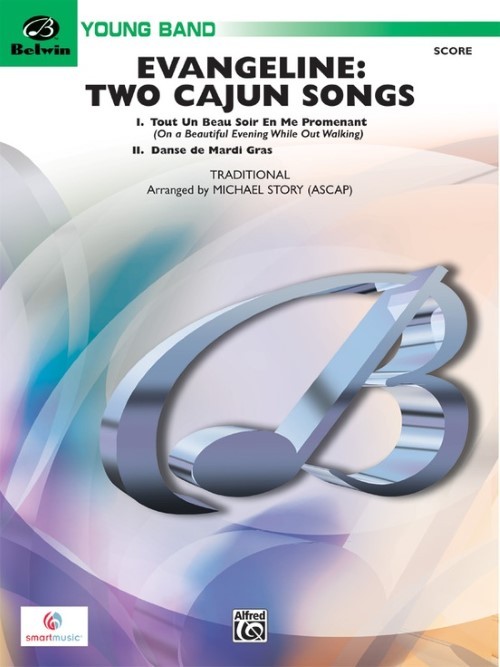 £53.95
£53.95Evangeline: Two Cajun Songs (Concert Band - Score and Parts) - Story, Michael
Characterized by a French dialect, the Cajun people have an equally distinct musical tradition. Michael Story's Evangeline: Two Cajun Folk Songs captures the spirit and enthusiasm of these proud people. Presented in two separate movements, the diversity of the Cajun music heritage is pronounced. Duration: 4.00
Estimated dispatch 7-14 working days
-
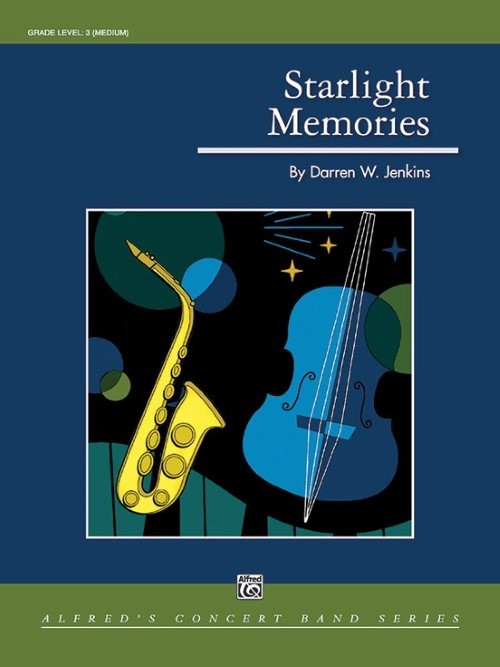 £58.50
£58.50Starlight Memories (Concert Band - Score and Parts) - Jenkins, Darren W.
Starlight Memories was commissioned by and written for the Olathe Civic Band in Olathe, Kansas. It was dedicated to the memory of Ed Badsky, who resurrected the group from a 50 year absence in the mid 1980's. Mr. Badsky was a pillar of the Olathe Band community. He was instrumental in starting Olathe's Band program from its beginnings in the 1960's to what is now a thriving and vibrant program that a proud and supportive community enjoys. Mr. Badsky was also a prominent jazz saxophonist who performed in the Kansas City area on a regular basis during his career. The work itself is meant to reflect and celebrate this man's life and accomplishments. It contains two short alto saxophone solos and its harmonies are "jazz" influenced. The work's title is based upon a local theater at which Mr. Badsky frequently performed. Duration: 4.00
Estimated dispatch 7-14 working days
